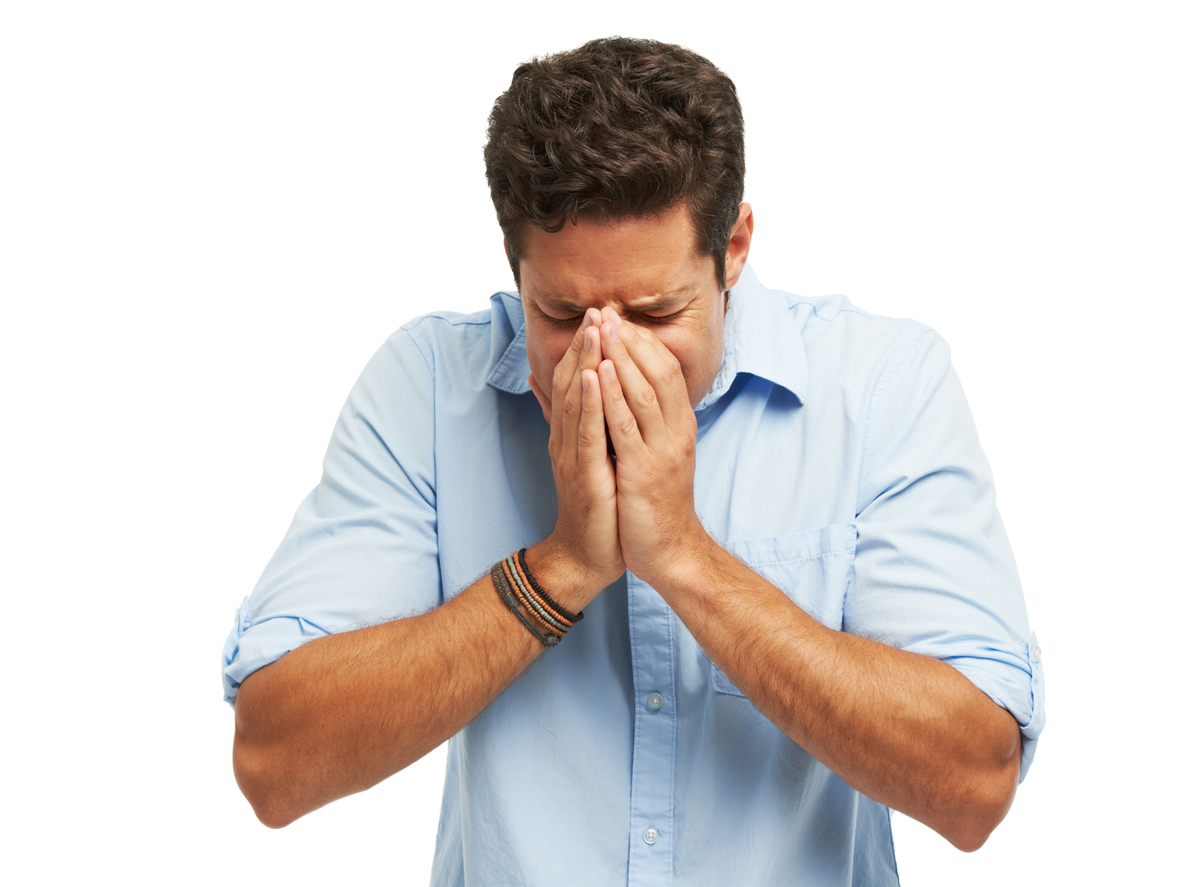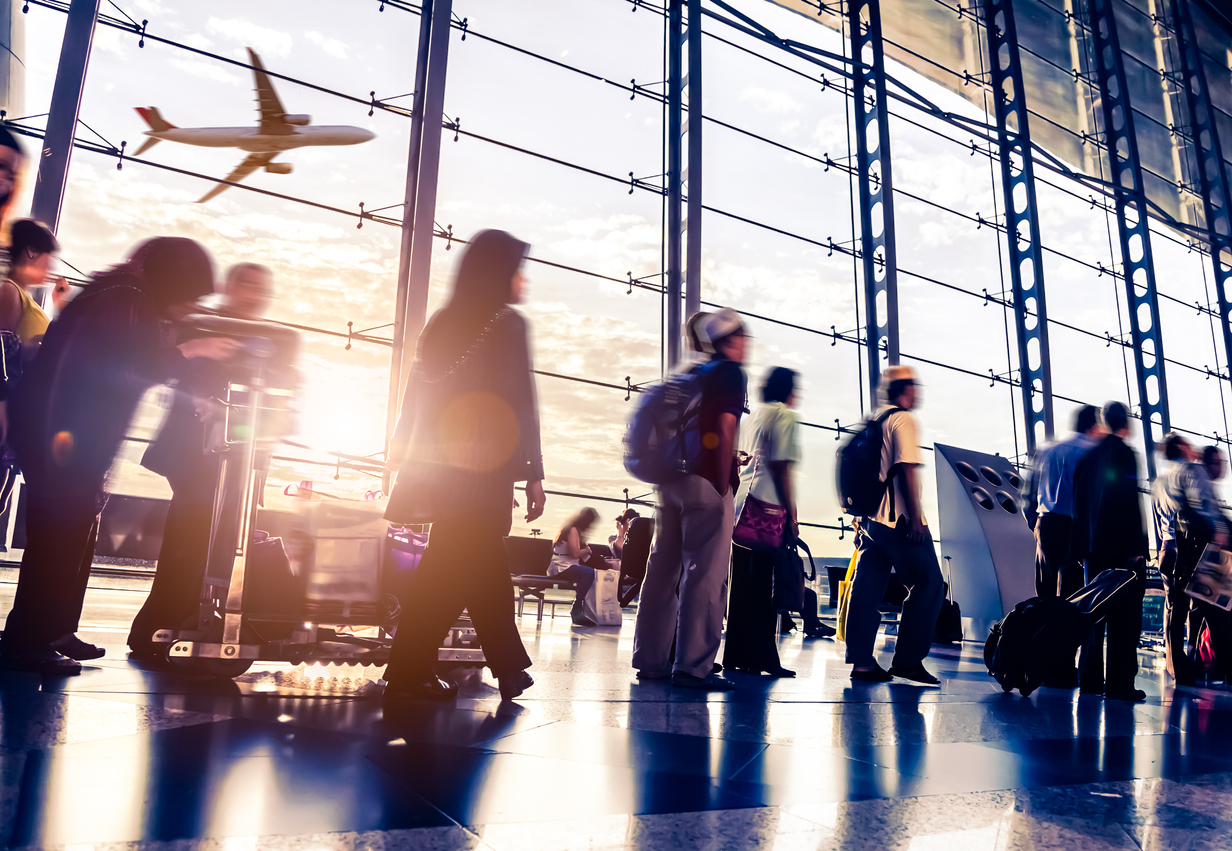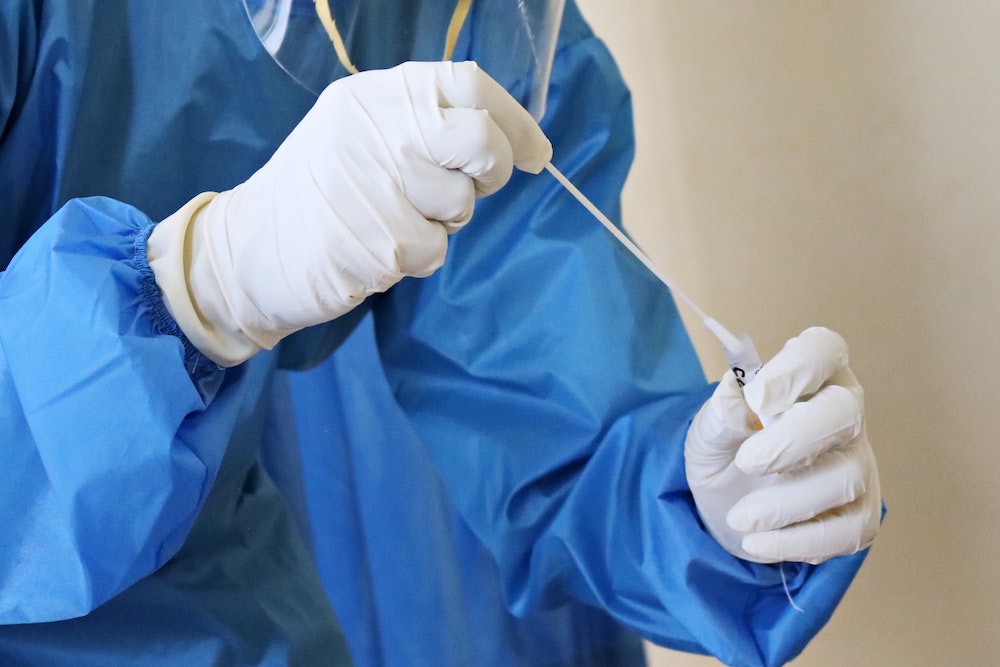As the likelihood of a global coronavirus pandemic increases, a question on the lips of many is: "Should I go to work or not?"
It's a legitimate question, given that thousands of people in Europe have just returned from holidays in Italy, Thailand and Malaysia - countries in which coronavirus incidents have occured.
If you're one of these people and you currently have the symptoms of a cold, there's a chance that you may have the virus. However, it's also likely that you just have a cold.
So, what should you do?
First of all, assess the risk you were under - just being in a country isn’t enough. Realistically, you need to have been in close contact with someone with COVID-19 for a significant amount of time.
When should I stay at home?
Governments around the world are only actively encouraging sick employees to stay home if:
- the employee has symptoms of acute respiratory illness (i.e. a cough or shortness of breath) before going to work; or
- if they appear to have acute respiratory illness symptoms on arrival at work or become sick during the day
If you become sick while at work, the guidance is to isolate yourself from colleagues and go home immediately.
Employees with colds should cover their noses and mouths with a tissue when coughing or sneezing.
If you’re a contractor or temporary employee and you become unwell, your company should push for you to stay at home - there should be policies in place to encourage this.
Employers shouldn’t ask you to provide sick notes from doctors as this would require you to go to a clinic or doctor's office at a time when governments are trying to reduce the workload of health professionals.
It would also be sensible for employers to adopt or maintain flexible policies that allow employees to stay home and care for sick family members.

What can employers do?
Employers should advise employees to stay at home when sick and encourage good hand hygiene while at work.
You should wash your hands:
- before leaving home
- on arrival at work
- after using the toilet
- after breaks and using communal areas
- before food preparation
- before eating any food, including snacks
- before leaving work
Wearing a face mask to work is not recommended, as there is no evidence that they protect you from infection. You should only wear one if you know you’re infected and want to stop the virus from spreading.
What can employers do to protect employees?
In the US, the Centers for Disease Control and Prevention (CDC) recommends that employers should:
- put up posters that encourage staying at home when sick and good hand hygiene at the entrance of every workplace and in other areas where they are likely to be seen
- provide tissues and a bin that can be opened without being touched
- instruct employees to clean their hands often with an alcohol-based hand sanitiser that contains at least 60 to 95% alcohol, or wash their hands with soap and water for at least 20 seconds
- provide soap and water and alcohol-based hand rubs in the workplace and ensure adequate supplies are maintained
What to do if you’re asked to travel on business
Companies should also keep their employees safe by routinely cleaning communal spaces and frequently touched surfaces like door handles, computer keyboards, remote controls and desks.
If you’re asked to travel abroad by your company, check government websites like the CDC in the US and the Foreign and Commonwealth Office in the UK for the latest guidance and recommendations for the country you're travelling to.
Equally, if you’re showing signs of acute respiratory illness before travelling, you should stay at home. If you become sick while travelling, tell your employer and call a local healthcare advisor or contact your country’s embassy for advice.

What to do if you have a sick family member or contract COVID-19
If you have a sick family member at home with COVID-19 you should let your employer know so the company can carry out a risk assessment of who may have been exposed to you. This is important if it turns out that you also have COVID-19.
If you’re diagnosed with COVID-19, you should inform your company so they can make other employees aware of their risk. Your employer should maintain your confidentiality.
Resources for more information:
CDC guidance
What you need to know about COVID-19
What to do if you are sick with COVID-19
How to manage the risk of exposure to COVID-19
Travel planning for small businesses
Other federal agencies and partners
In the UK
Public Health England offers guidance on how you can help to stop the spread of viruses like COVID-19 by practicing good respiratory and hand hygiene.
If you think you may have coronavirus, you can use our COVID-19 Symptom Mapper to check your symptoms and compare them with others around the world.
This should give you a better understanding of how the illness is affecting you and will help us to map the spread of the outbreak.




